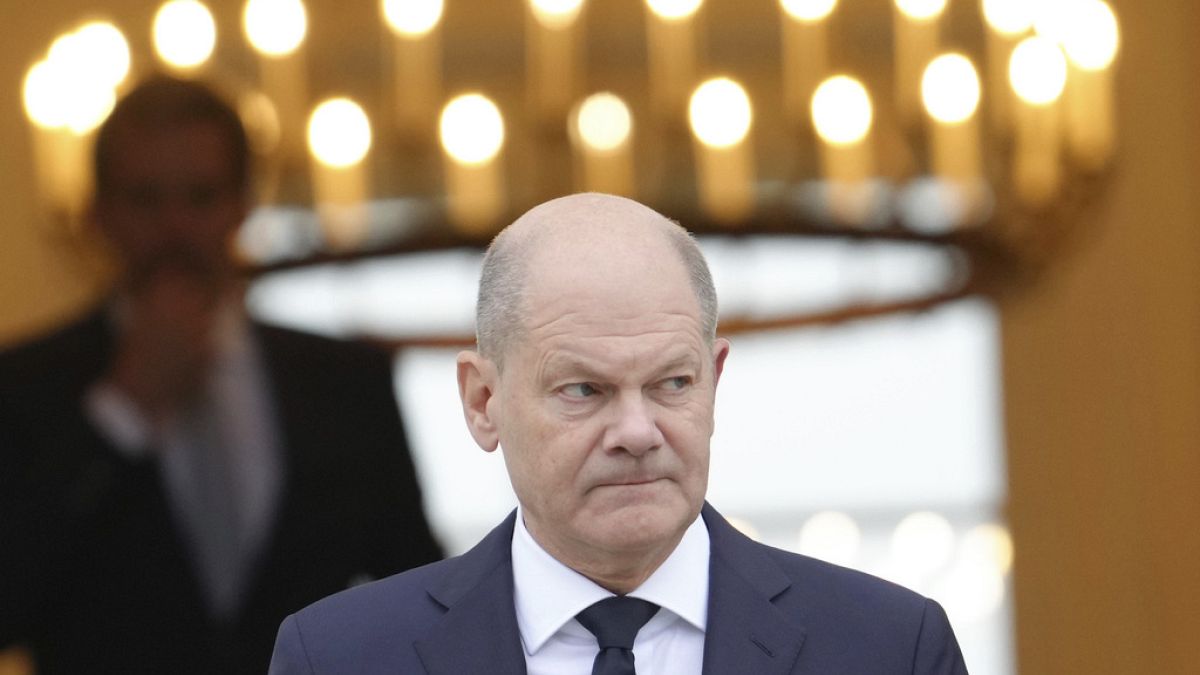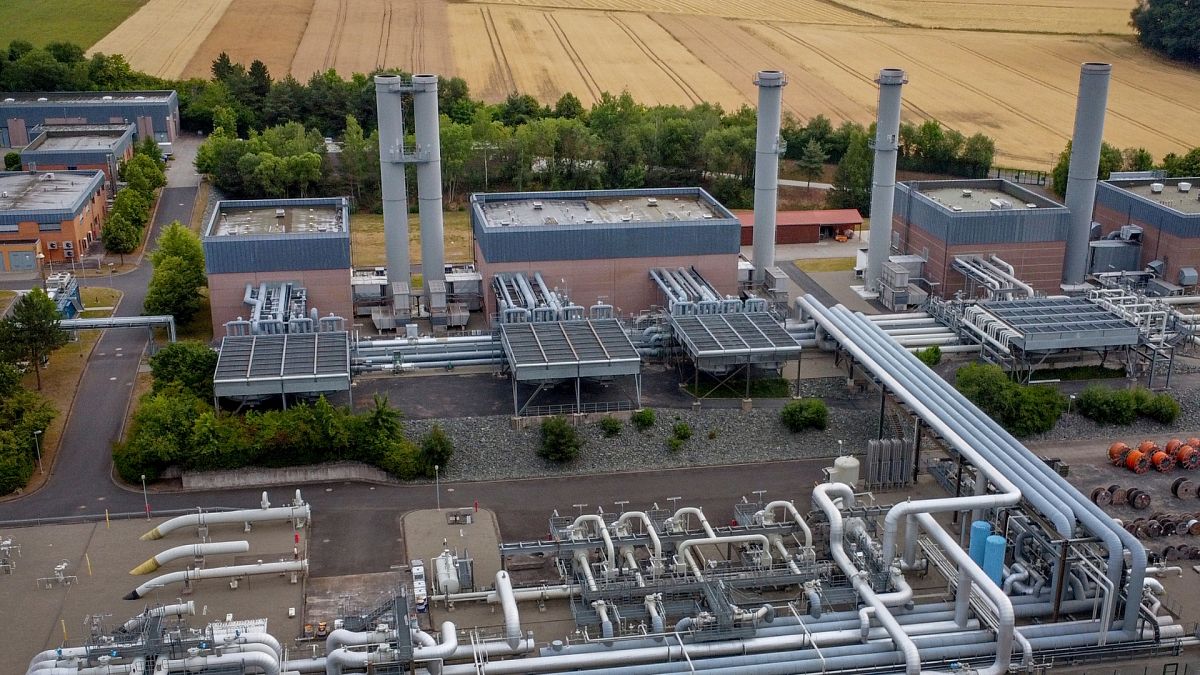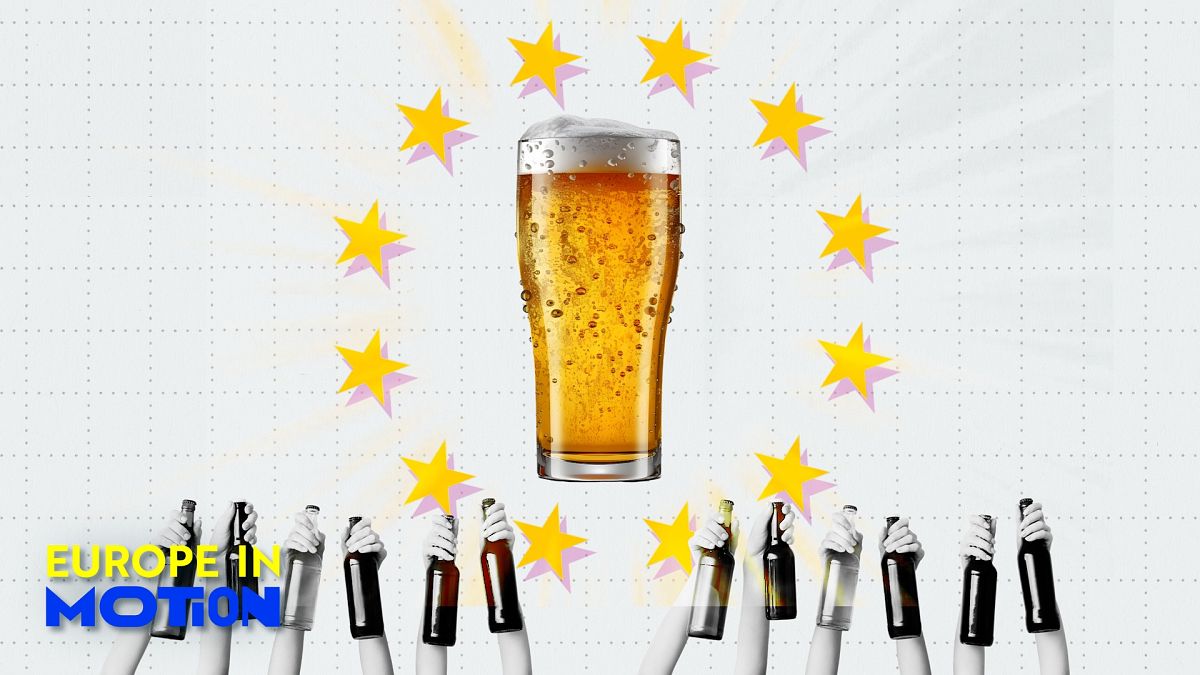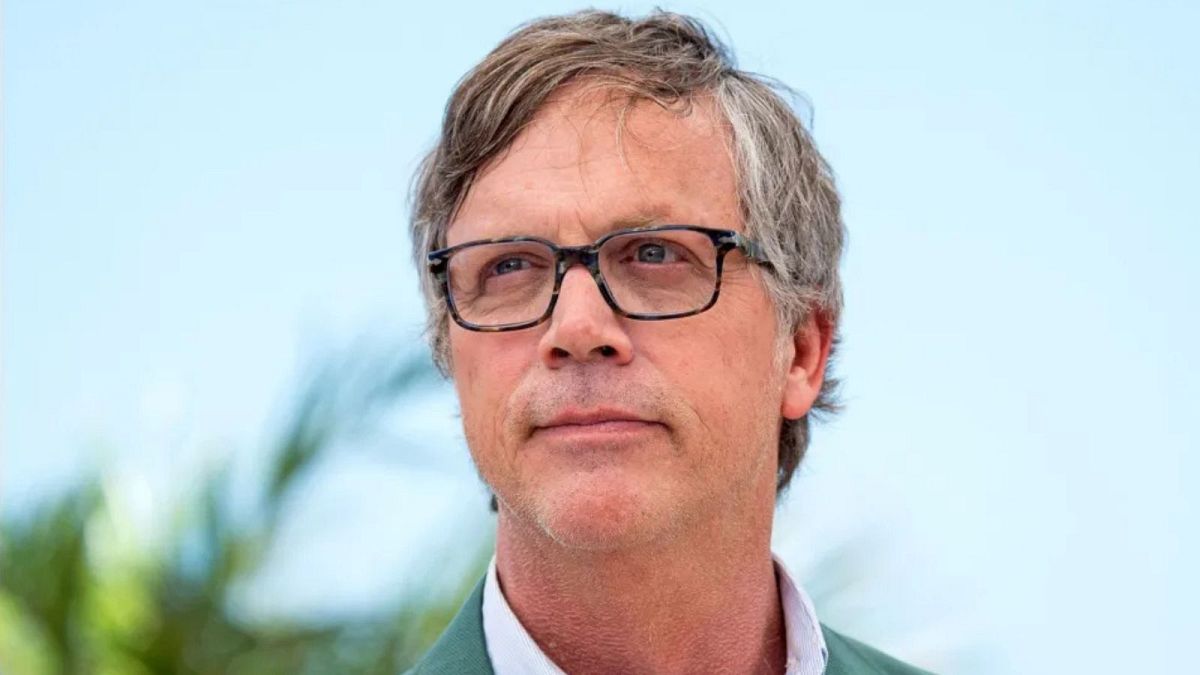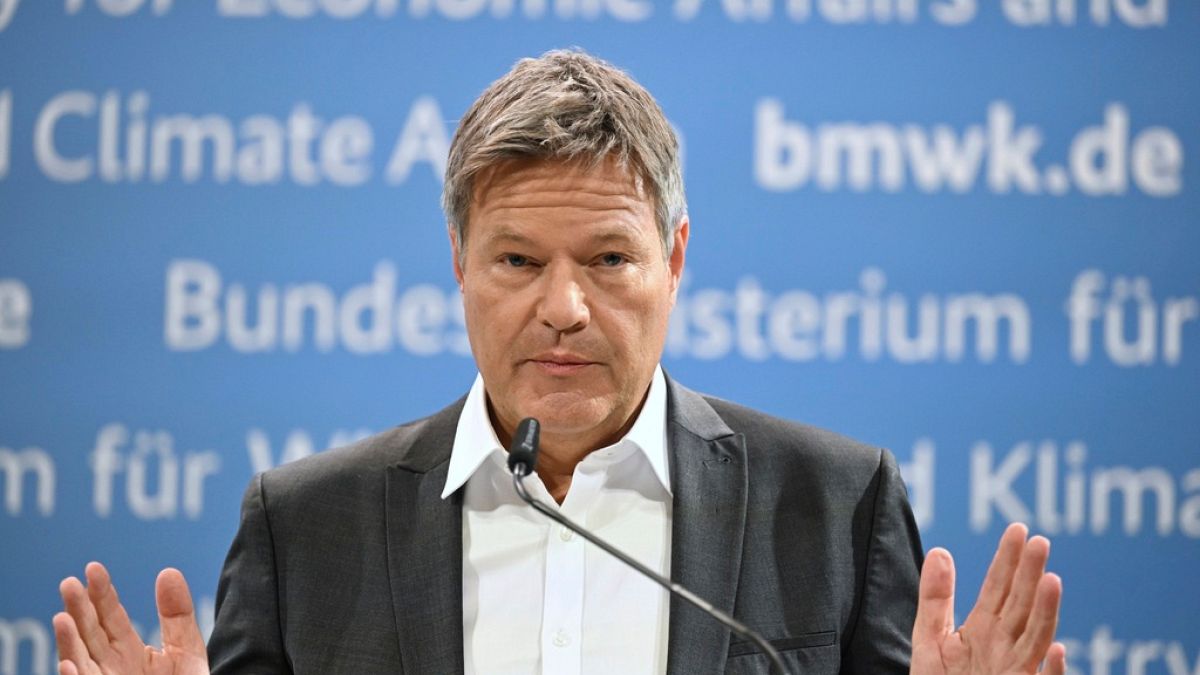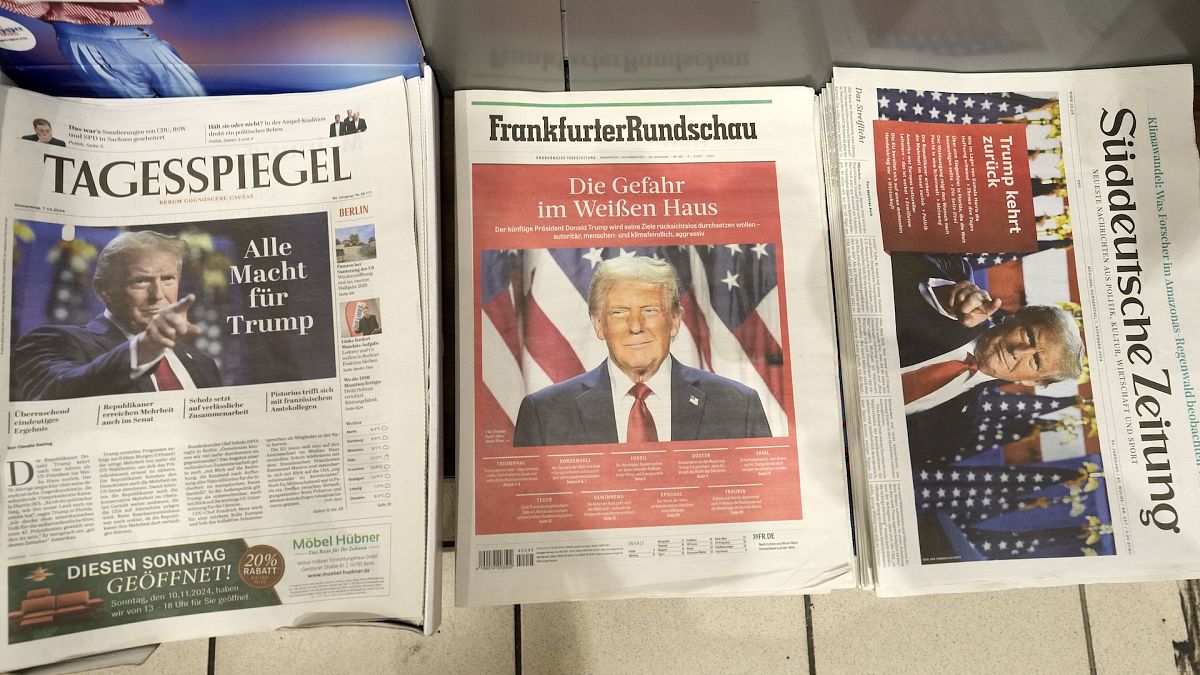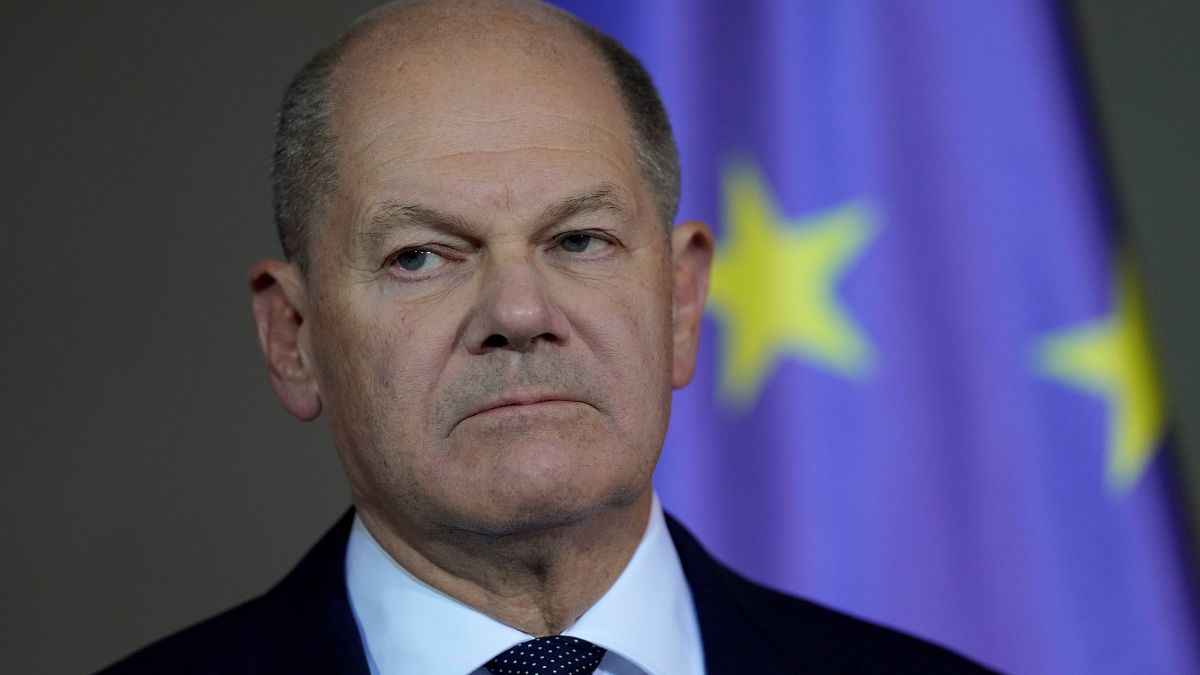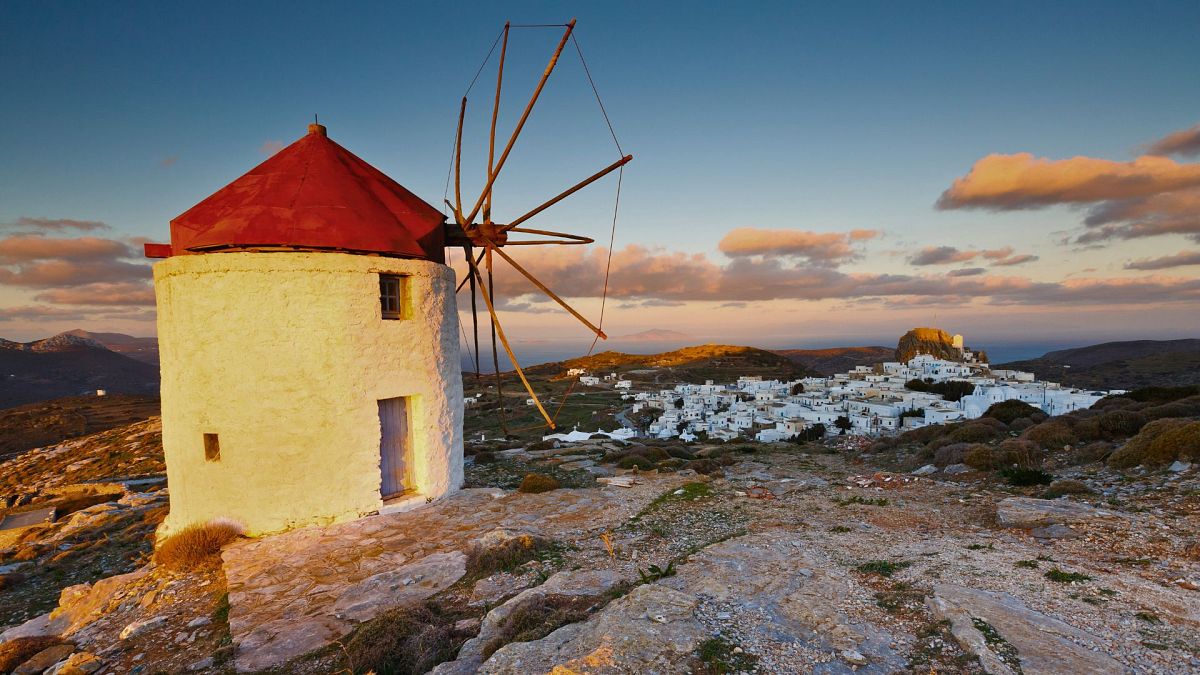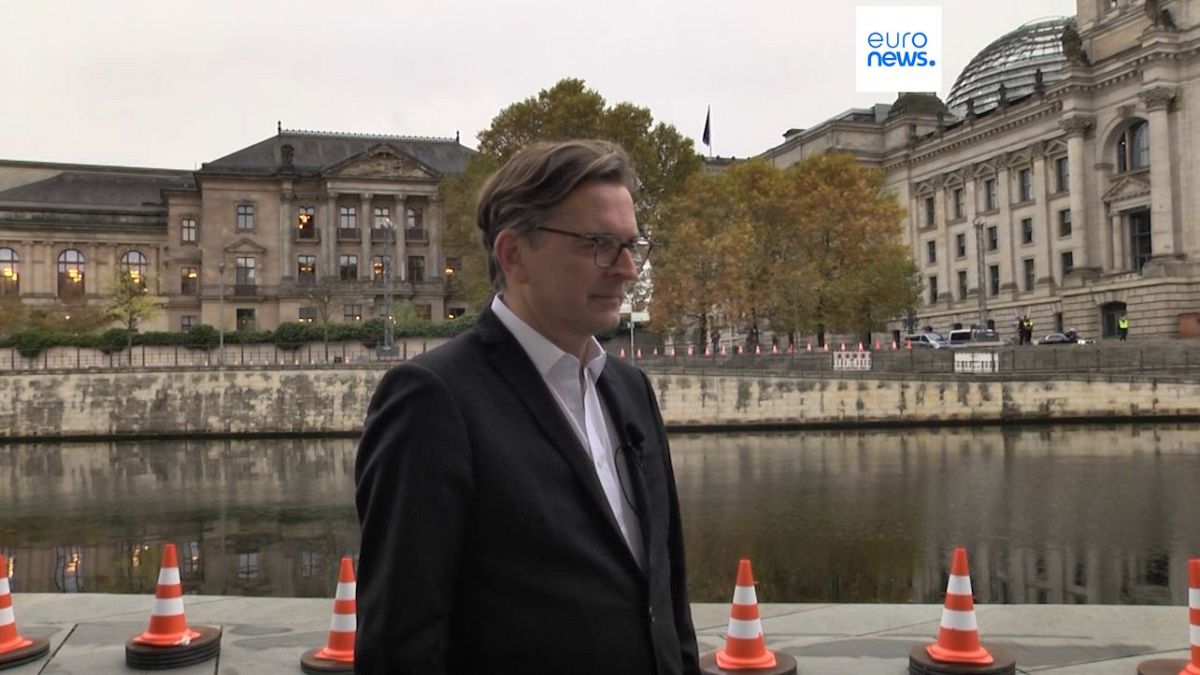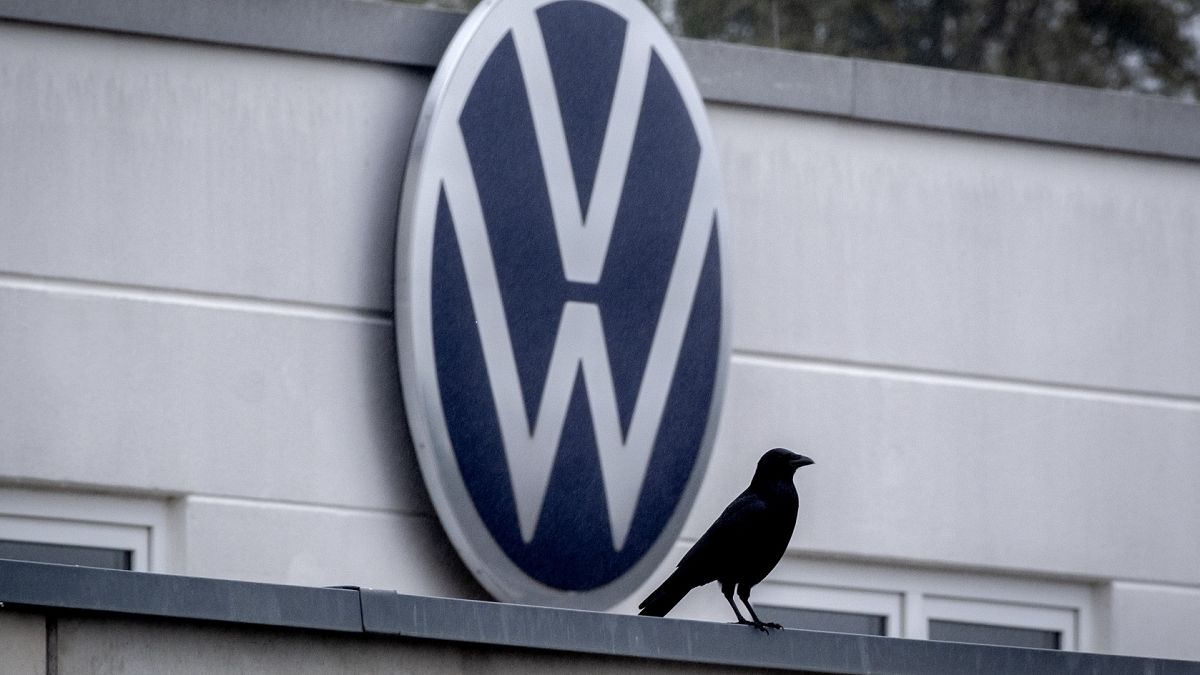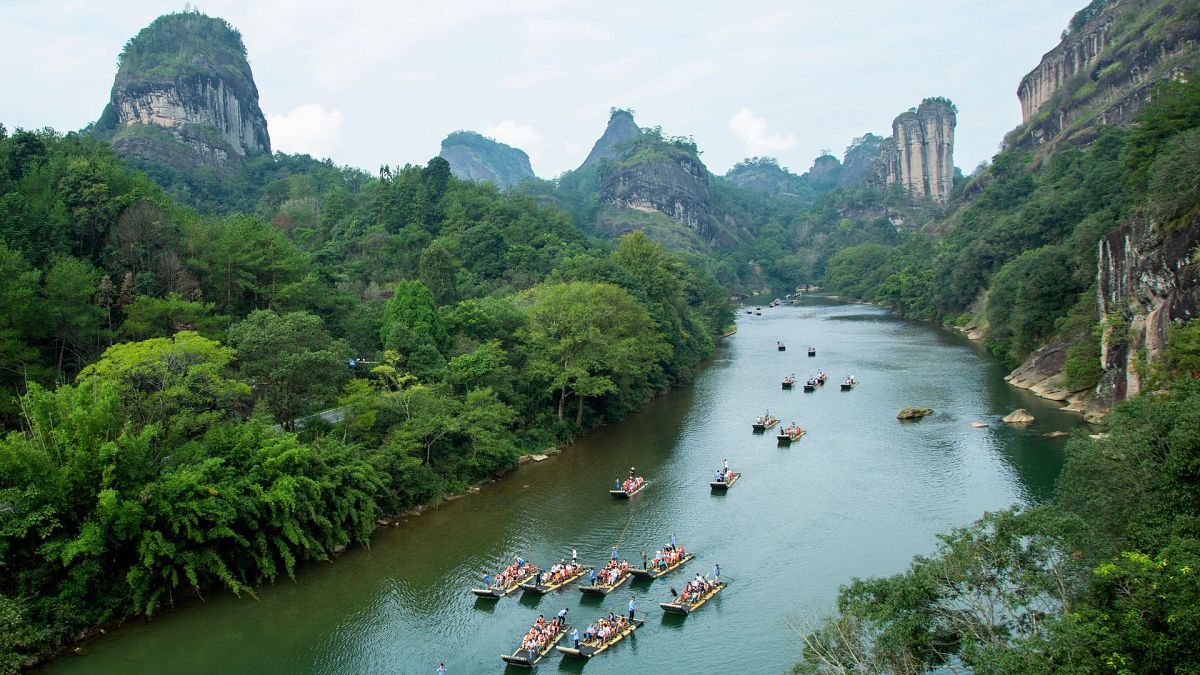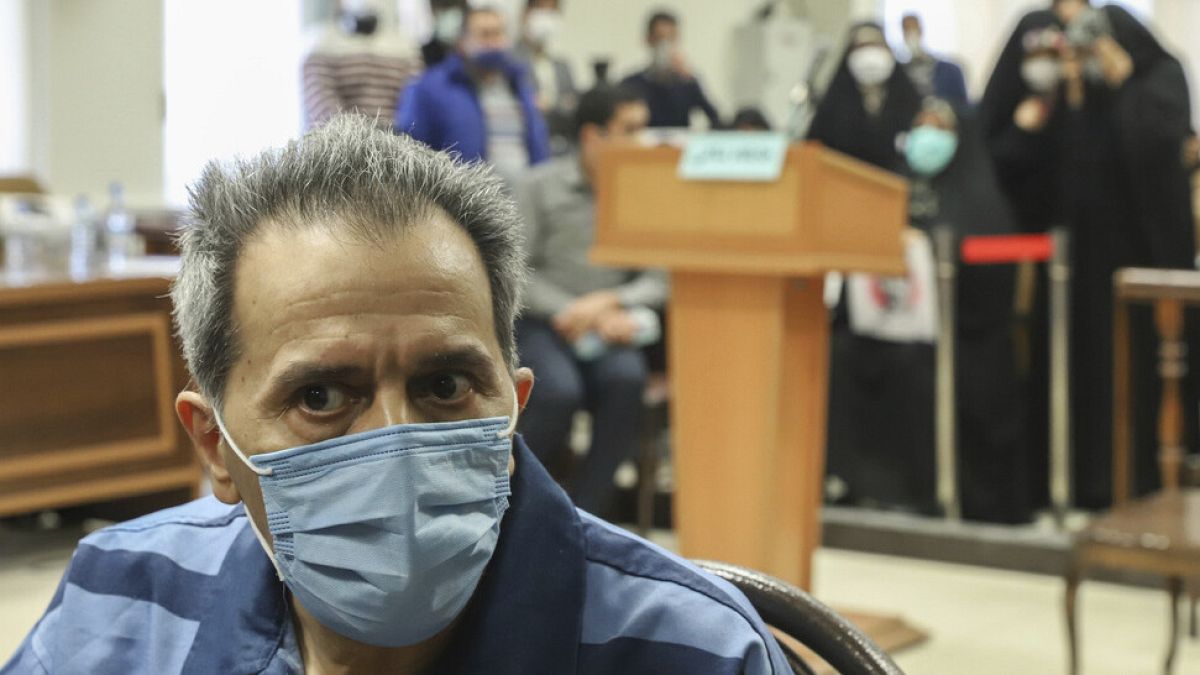This 27,000km no-fly journey cost a climate researcher his job
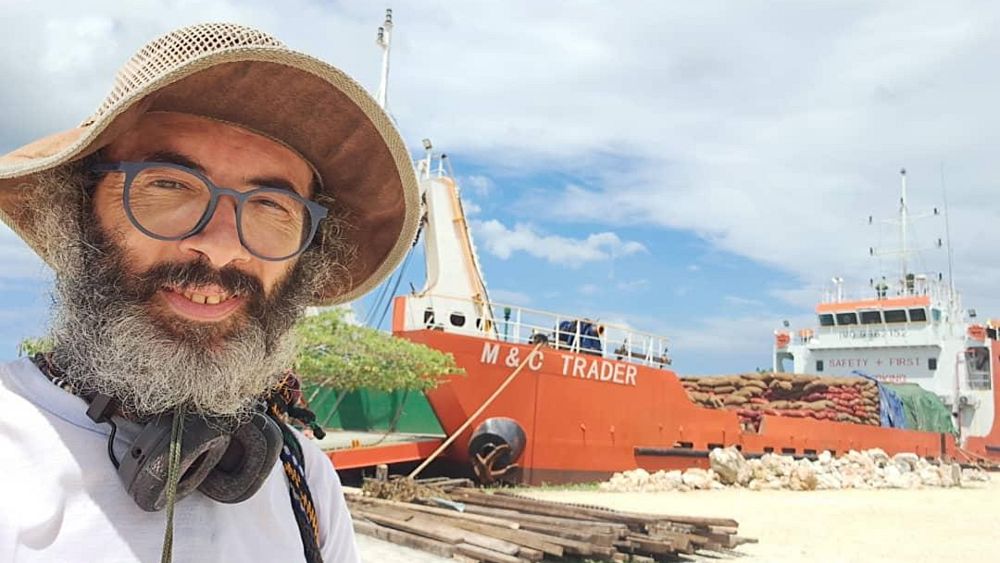
Italian climate researcher Dr Gianluca Grimalda estimates that the slow travel journey will save around 4.5 metric tonnes of carbon emissions.
Travelling from Kiel in Germany to the South Pacific without flying is no easy feat, it requires boats, trains, buses, taxis, shared cars and a police escort through Pakistan.
But climate researcher Dr Gianluca Grimalda believes travelling this way is the right choice – even if it ultimately cost him his job.
Grimalda’s slow travel journey to Buka, Bougainville province, Papua New Guinea took him around 35 days.
After six months of investigating the impact of climate change on communities in Bougainville, his trip back was set to be a similar mission, taking two months.
But the researcher says he faced a dilemma when his employer, the Kiel Institute for the World Economy, gave him an ultimatum about his return.
“They said either you come back in five days, which means you have to jump on a plane in basically three days, or you’re fired,” he tells Euronews Green.
Dr Grimalda’s employer had supported previous trips
Grimalda says he faced unexpected delays of around seven weeks during his research and acknowledges that he could have communicated better about what was happening.
“I suspect that my involvement with civil disobedience in some climate-related protests last year maybe also was a factor in the stance of my employer,” the researcher, who is a member of Scientist Rebellion, adds.
He joined several protests last year including glueing his hand to the floor of a Volkswagen museum in Germany with the group and a blockade at a private airport in Italy while on holiday there.
A spokesperson for the Kiel Institute for the World Economy, a non-profit economic research institute and think tank, told Euronews Green that the organisation does not comment on the internal personal matters of its employees.
They said that the Institute had supported Dr Grimalda on an earlier slow travel trip to Papua New Guinea and this trip had also been planned with their support.
“When travelling on business, the Institute supports its employees in travelling in a climate-friendly manner,” a spokesperson said.
“We are committed to do without air travel in Germany and in other EU countries as far as we can. If air travel is necessary, we provide CO2 compensation.”
Why did Dr Gianluca Grimalda decide not to fly?
Grimalda has avoided flying for the last decade. He calculates that his 27,000 km slow travel journey back to Kiel will emit 10 times less CO2 equivalents than if he travelled by plane, saving roughly 4.5 metric tonnes of emissions.
The researcher also promised the communities he spoke to during his fieldwork that he would do whatever he could to limit his impact on the planet.
“With climate change, all the coastal communities we visited already had at least one experience of relocation inland because of sea level rise,” he explains.
“Many communities in the mountains lack food when the period of drought lasts longer than usual.”
These periods of drought come every year and would previously last three weeks. Now they can be up to six weeks.
“I’m not going to give up on my principles, even if it costs my job. I want to launch the message that we are, I don’t want to say desperate, but we are really in trouble when it comes to climate change” Grimalda says.
With ecosystems collapsing in front of our eyes, he adds, we can’t continue with business as usual.
How do you plan a 27,000km slow travel journey?
Grimalda doesn’t expect everyone to travel like he does, though he suspects some researchers could probably factor it into their long fieldwork trips. He acknowledges that organising such a complicated itinerary isn’t easy.
“It does require some preparation, especially for the visas,” he explains. Other slow travellers have shared their knowledge online which helps with the process, and the introduction of digital documentation has made it easier in recent years.
“The first time I travelled, I took the Trans-Siberian Express from Moscow to Beijing and there was no electronic ticket,” Grimalda recalls.
“So I kind of had to walk to an office in the outskirts of Moscow to get my paper ticket.”
Technological advances also mean he can still work while travelling. Even when on cargo ships, he has access to the internet.
“The thing is that there is really nothing I must do in Kiel that I cannot do while I travel,” Grimalda explains.
People have also shared their experiences of climate change along the way too – even in the most unexpected situations. While escorting him, police in Pakistan showed him their videos of the deadly flooding which devastated the country last year.
The connections he made with local community leaders in Bougainville helped him hitch a ride on a cargo ship on the first leg of his journey back.
“I just wanted to maybe inspire people to do something off the beaten track or think outside the box,” Grimalda concludes.
“To in a way inspire people to do something with their own fear that goes in the direction of having a more sustainable way of life.”
Source: Euro News


